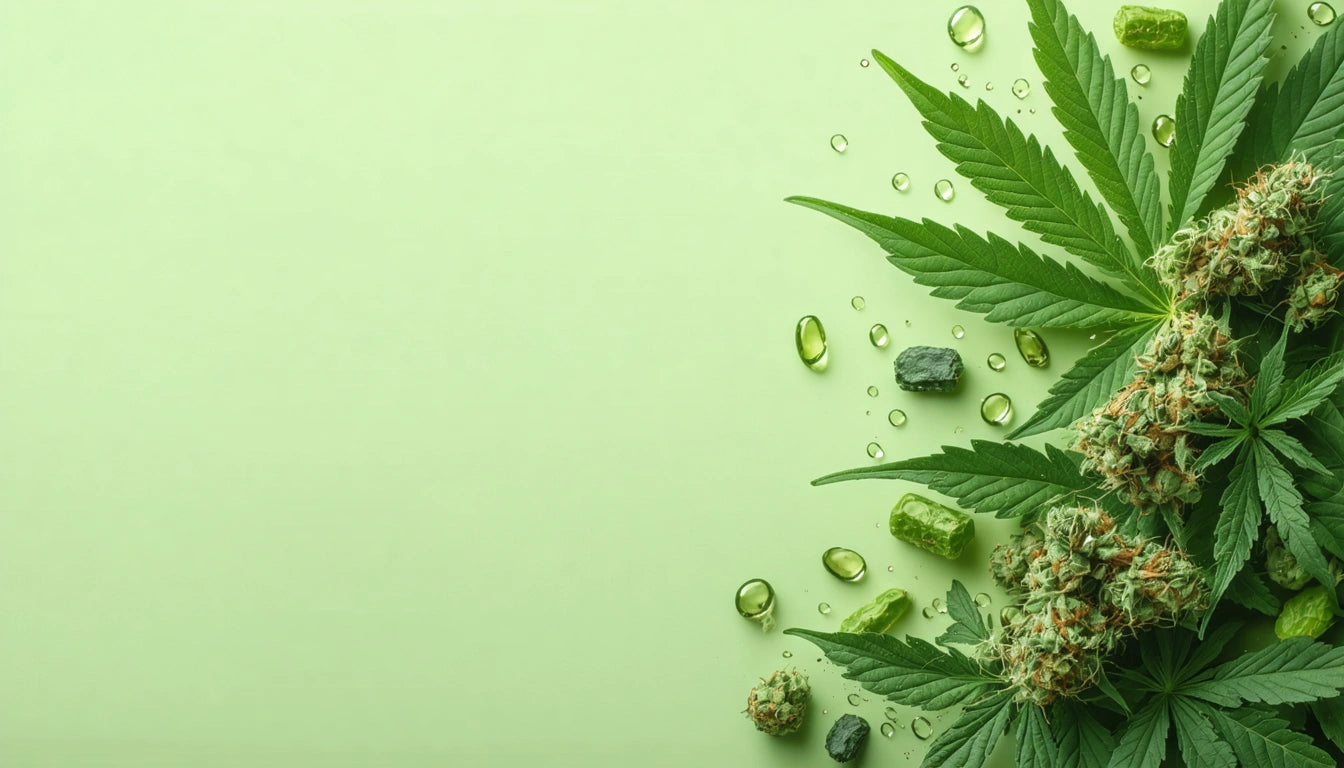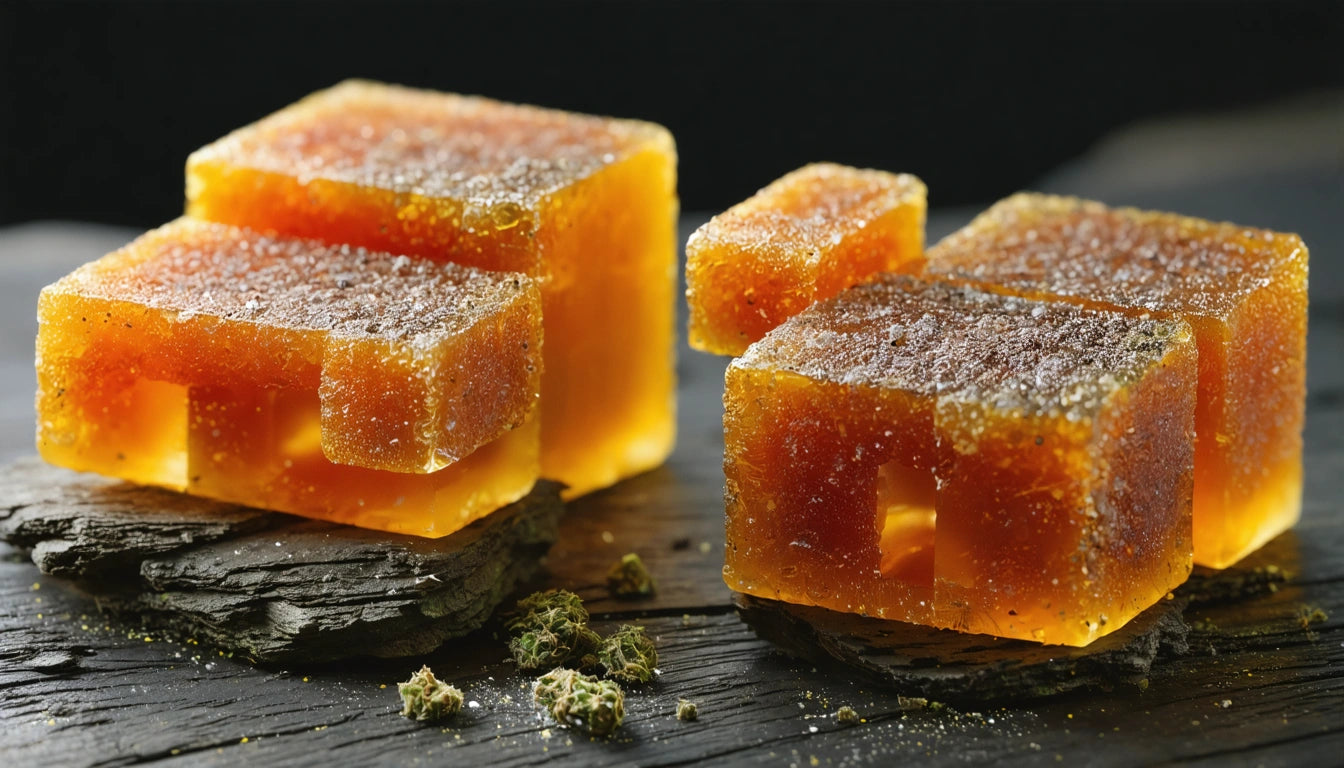Table of Contents
Even experienced cannabis users occasionally consume more THC than intended, leading to uncomfortable experiences. Understanding how to manage overconsumption can transform an anxious situation into a manageable one. This guide provides practical strategies for finding relief and preventing future incidents.
Recognizing THC Overconsumption Symptoms
Before addressing solutions, it's important to recognize when you've consumed too much THC. Common indicators include:
- Increased heart rate and anxiety
- Paranoid thoughts or fear
- Dry mouth and red eyes
- Impaired coordination and perception
- Nausea or dizziness
- Extreme lethargy or inability to focus
These symptoms vary based on consumption method. As explained in this comparison of edibles versus smoking, inhalation methods produce more immediate but shorter-lasting effects, while edible overconsumption can persist for several hours.
Immediate Relief Strategies for THC Overconsumption
Calm Your Mind
Remind yourself that THC overconsumption, while uncomfortable, is not life-threatening. Practice deep breathing exercises: inhale for four seconds, hold for four seconds, and exhale for four seconds. This regulates your nervous system and reduces anxiety.
Hydration and Nourishment
Drink plenty of water to stay hydrated. Consuming food, particularly items rich in fat and protein, can help stabilize your system. Some users find that citrus fruits or juices containing limonene may help moderate THC effects.
CBD Counterbalance
CBD may help counteract THC's psychoactive effects by interacting with the same receptors. Having CBD products on hand can be helpful for regular cannabis users. Understanding THC vs CBD interactions can help you make informed decisions about using CBD as a counterbalance.
Edibles vs. Inhalation: Different Approaches to Recovery
Recovery strategies differ depending on consumption method. Edible overconsumption typically lasts longer due to the metabolic processing of THC in the liver, creating 11-hydroxy-THC, which is more potent than standard THC.
For edible overconsumption, patience is key. As explained in this timing breakdown, effects can last 6-8 hours or longer. Creating a comfortable environment with minimal stimulation helps manage the extended duration.
For inhalation methods, effects typically peak within 30 minutes and diminish within 1-3 hours. Proper storage containers, like child-resistant mylar packaging options, can help prevent accidental overconsumption by keeping products secure and properly labeled.
Preventative Measures to Avoid THC Overconsumption
Start Low, Go Slow
This mantra is particularly important for edibles. Safe dosing for first-time users typically means starting with 2-5mg of THC and waiting at least two hours before consuming more.
Read Labels Carefully
Understanding product potency is crucial. Learning to read cannabis labels helps you make informed decisions about dosing and avoid accidental overconsumption.
Track Your Consumption
Keep a journal of your cannabis experiences, noting product types, dosages, and effects. This personal data helps identify your optimal consumption levels and avoid future incidents.
Recovery Timeline and When to Seek Help
Most THC overconsumption resolves without medical intervention. For inhaled cannabis, effects typically subside within 1-3 hours. For edibles, as explained in this metabolism explanation, effects can last 6-12 hours due to the liver's conversion of THC to more potent compounds.
While rare, seek medical attention if you experience:
- Extreme panic or anxiety that feels unmanageable
- Hallucinations or severe paranoia
- Difficulty breathing
- Vomiting that won't stop
- Chest pain
Medical professionals can provide supportive care to manage symptoms until the THC naturally processes through your system.
Remember that responsible consumption includes being prepared for unexpected situations. By understanding what to do if you consume too much THC, you can approach cannabis use with greater confidence and safety.











Leave a comment
All comments are moderated before being published.
This site is protected by hCaptcha and the hCaptcha Privacy Policy and Terms of Service apply.